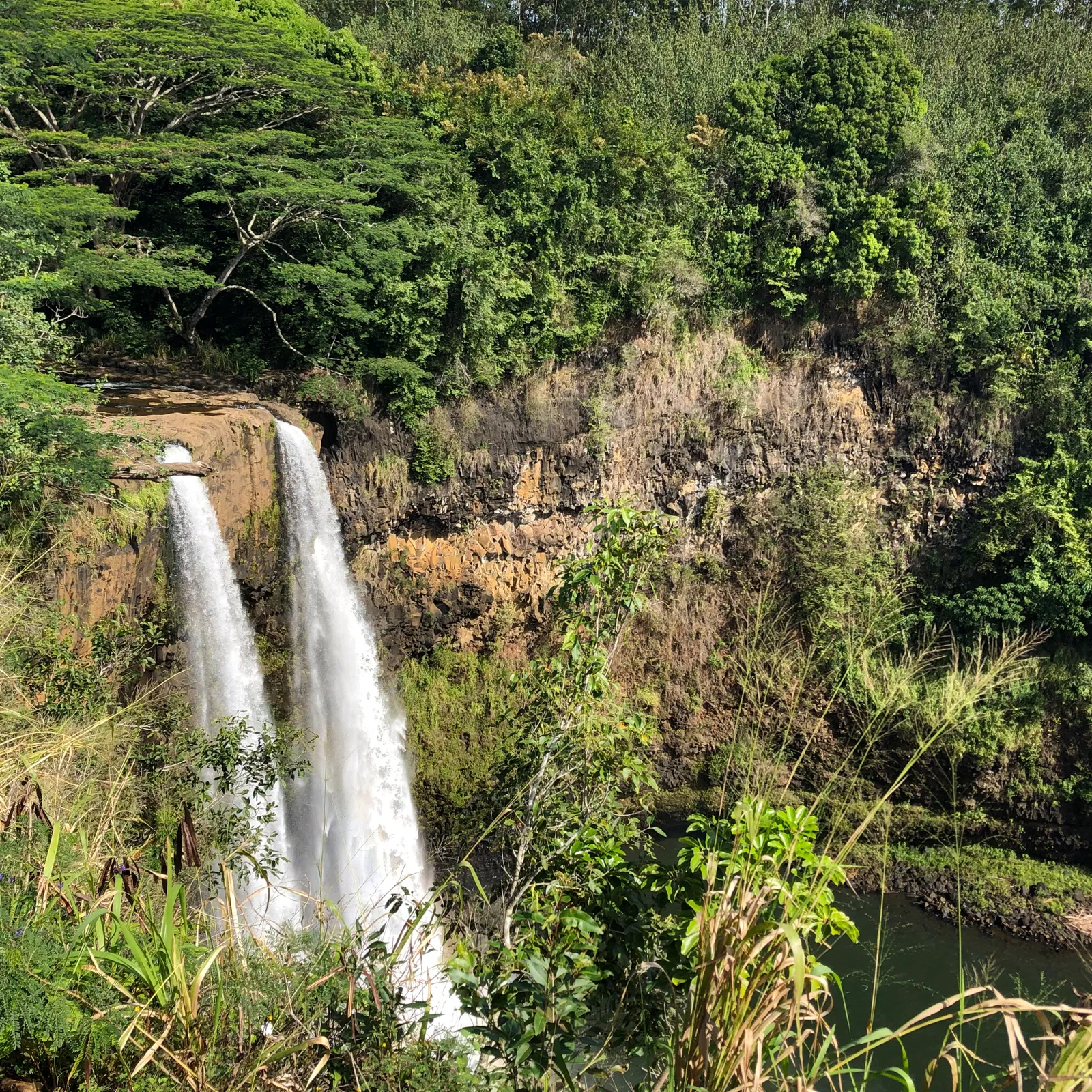I've already written A LOT about this block, detailing the why and the how. So here are the pictures!
from the book & recipe by Elisa Kleven
punching down the dough
maybe another punch, just to be sure
forming the dough into a sun
golden, delicious, light & fluffy
the Nature table is set with a mysterious scene
Calendula and Plantain, the flower children
the squirrel, waiting under the silk
the elk, waiting behind the curtain
the big oak tree
a silk covers the world they will enter
through the doorway in the oak tree
the green glass bowl, which will hold the rune stones,
is turned upside down to form the mountain they will climb
the green glass dish will hold the symbols they uncover
after solving each riddle
heavy vellum and glitter glue
red for Roman numerals
green for Arabic numerals
VIII 8 is the widest
so if you want all your numbers to be the same size
I suggest making this card first to get your sizing correct
place the card in the dish and then cover with salt
the salt tray for practicing numbers in
today we start our new block!
after hearing the story, and solving the first riddle...
it is time to take the seashell and move the salt
everyone takes a careful turn
they were extremely excited when the glittery numbers
were revealed
this excitement continued throughout the entire main lesson block
they never tired of writing their numerals in the salt tray
either
it was also interesting to see how intently and silently
they watched each other
adding I, 1, and one sun
to the main lesson book
Calendula and Plantain on the mountain top
making the Four Winds
the glue dries clear, making a subtle wavy effect
sampling the Six Edible Parts of the Plant
this was a very colorful and fun activity
in SWI, we find a relationship between < prime >
and Miss Prim from our Numbers verse
the seven rainbow colors and
the seven dwarves in Little Snow-White
Calendula and Plantain solve another riddle,
and are one step closer to answering all ten
if IV is four and V is five...
and IX is nine...
can you guess what ten might be?
I had children keep their predictions to themselves
until the next day. They were ready to burst.
a new scene is set up on Day Ten, ready to be discovered
once they know all ten Roman and Arabic numerals
it is time to match the stones
everyone works together
success!
the cave door begins to glow
and then swings open
Calendula and Plantain go inside the mountain
everyone is intrigued by the Land of Numeria
when I pull back the purple silk
we will do these stories in the next block
do you see the gems glinting from behind the rocks?
there's even one behind the throne
Calendula and Plantain and the little mole
the Gnome King
it is so pretty
we want to keep the candle lit for the rest of the afternoon
and I love all the hand carved wooden figures
the animals and the children
and the Gnome King, of course,
and the simple beauty of the rocks
This is really a special block.
It's simply a wonderful way to introduce children to the world of numbers. The stories, the solving of the riddles, the mystery of moving the salt, the fun of the movement verses, the beauty of creating the colorful main lesson book pages... no one was ready for it to end. I can't wait to build upon this for the second Math main lesson of the year: the Land of Numeria.
We have the Montessori math materials in the classroom, and those are so helpful for making math computation hands-on. Montessori is all about doable and concrete. But the Waldorf approach focuses on the magic, the specialness, and of making the numbers feel alive in your body and in the world. Waldorf makes it so personal. The numbers feel almost like friends.
It is interesting to watch unfold, and this block clearly appealed to the children, even though they all knew their Arabic numerals already!
This post contains affiliate links to materials I truly use for homeschooling. Qualifying purchases provide me with revenue. Thank you for your support!






























































































 Immersive Experience
Immersive Experience Immersive Experience
Immersive Experience





